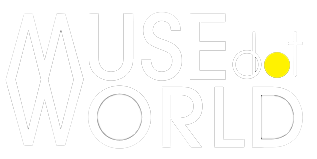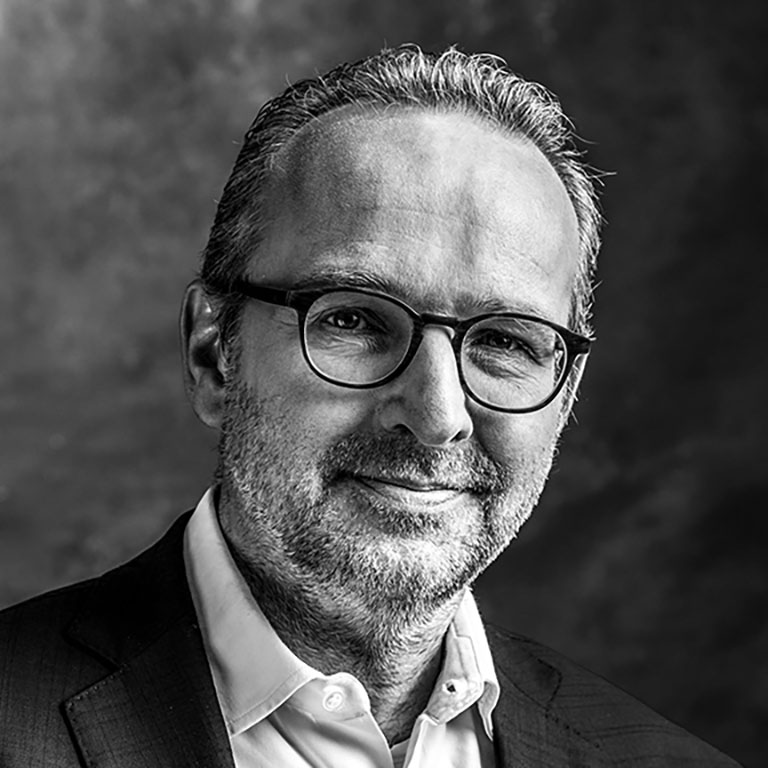1Can you introduce yourself and talk about how you got into photography?
I was born in 1968 Switzerland. As my father and grandfather had been passionate amateur photographers, it was only natural that as teenager I began to photograph with their old cameras.
End of 1990s, I started to photograph black and white and developed the prints in my own darkroom. After a break due to personal reasons I restarted photography in 2021. Still in black and white but with digital camera and tools.
2Where did you study photography?
Regarding the technical aspects, I was a keen reader of the books of Ansel Adams and Andreas Feininger. Regarding the creative eye, I had a look at the works of Henri Cartier-Bresson, Andreas Feininger, the group f.64, Sebastiaõ Salgado and Alan Schaller.
3Do you remember your first shot? What was it?
I am afraid not but likely a tree.
4What equipment do you use?
Hasselblad V (CM 501) and X (X2D and 907x) System.
5What do you hope to achieve?
I hope to raise the interest of people in the world around them and its beauty.
6What compliment inspired/touched you the most?
I am always touched when my picture trigger further thoughts or emotions not necessarily similar to mine. A recent example was the series “real pictures of fake people” of dummies and monuments which I published as answer to AI pictures with “fake pictures of real people”.
A friend of mine told me, that she spent considerable time looking at my pictures, imagining what the dummies would think if they were alive.
7What inspires your unique storytelling?
I constantly see the beauty of the structures around me, be it made by men or nature. I am further apprehensive of moods, as e.g. the vivid street life or the desolation of defunct factories and keen to capture them.
8What THREE (3) words describe your photography style?
"Reduce to the max" – Okay, that was four words and stolen from the marketing campaign of Mercedes Benz for their city car ;-)
9Congratulations! As the winner of the London Photography Awards, what does it mean for you and your team to receive this distinction?
Such recognition means a lot to me. Although my photography is basically driven by intrinsic motivation, the acknowledgement by the London Photography Awards is a strong encouragement to continue my undertakings. I was also very touched by the overwhelming feedback I received when sharing the results of the London Photography Awards on social media.
10Can you explain a bit about the winning work you entered into the 2022 London Photography Awards, and why you chose to enter this project?
There was no particular red line between the individual pictures. I submitted photographs that were shot in the past 12 months that in my eyes fitted best in the respective categories.
11How has winning an award developed your career?
The winning of awards serves as door opener for projects and exhibitions and the statuette on my bookshelf serves as encouragement on days when things don’t work as desired.
12Name 1-3 photographers who have inspired you.
Henri Cartier-Bresson, Andreas Feininger, Alan Schaller.
13What was the best piece of advice you were given starting out, by a mentor or your role model?
Think before you shoot (analogue films are costly).
14What advice would you give someone who would like to become a photographer today?
Think before you shoot (time is costly and better spent with photographing than with selecting the best picture among a dozen similar).
15What is your key to success? Any parting words of wisdom?
Focus - less is more.
16How do you stay in that space of being receptive to new information and knowledge?
Watching YouTube Channels and reading photographic magazines.
17Anything else you would like to add to the interview?
Thanks a lot for providing the opportunity for the interview as well as the artist page on the London Photography Awards. Both are very much appreciated.




